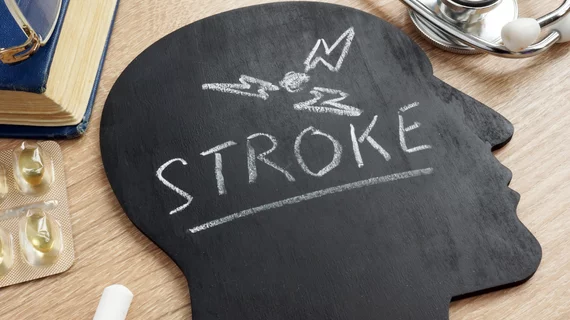Radiologist-founded company wins $1.7M for stroke busting device
Mubin Syed, MD, is an interventional and neuroradiologist in the Springfield, Ohio, region who founded RAM Medical Innovations in 2016. He plans to put the money toward research and prototypes of his tool that restores blood flow to the brains of stroke victims.
The device works similarly to dental floss, Syed told the Springfield News-Sun on Sept. 21. It can be pulled and pushed into place to afford access to blockages and return blood flow back to the brain.
“The clock is ticking. Once the circulation to the brain is blocked the brain has limited time to restore itself completely even if you restore the circulation,” Syed said. “No one thought of the idea of actually having a tube that could be pulled into place and that is the magic of our device,” he added.
The two-year grant comes courtesy of the National Institute of Health’s Small Business Innovation and Research Program, part of the Department of Health and Human Services. Syed said he hopes for the device to hit the market within the next two years.
Read the full story below.

